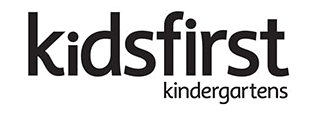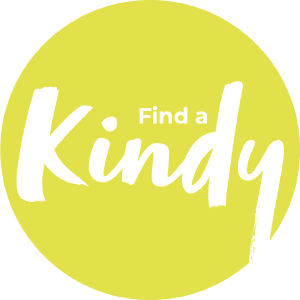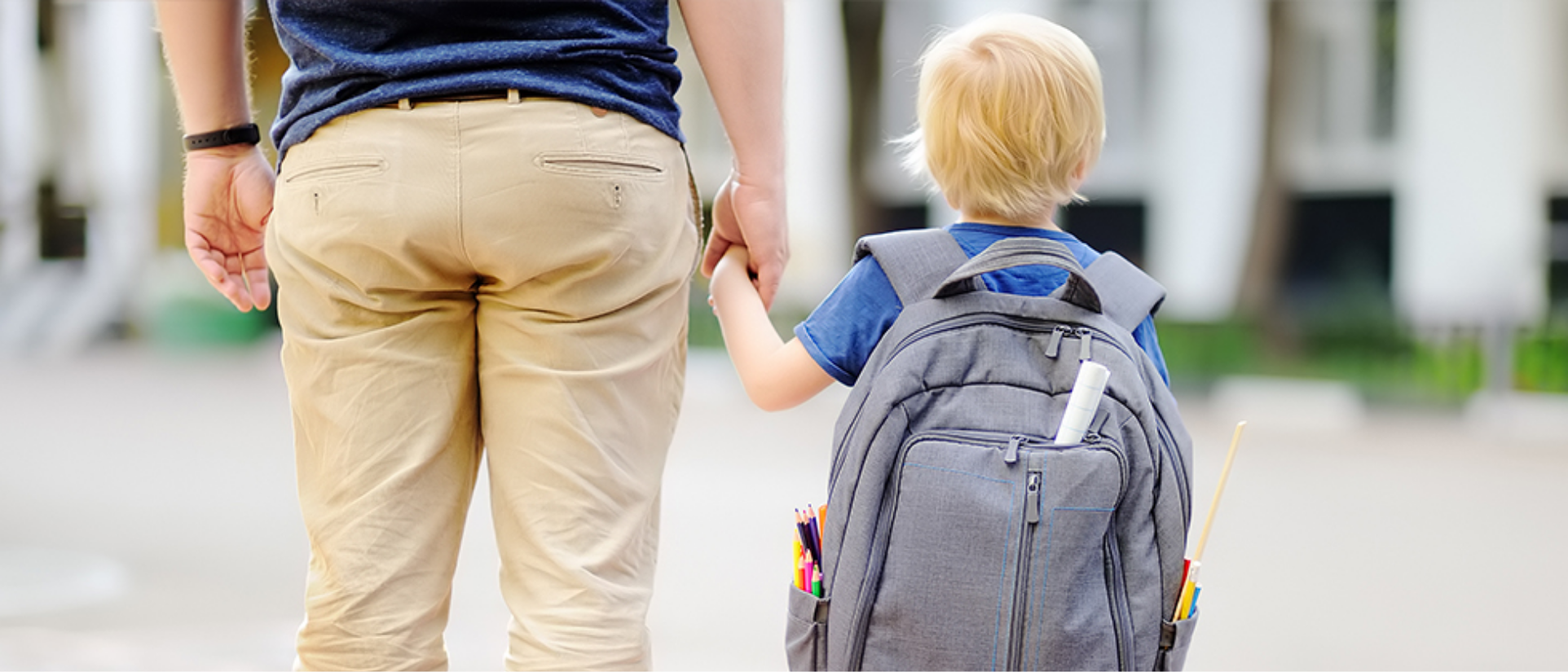
Not ready for school?
Is my child ready for school?
There are so many ‘firsts’ in the first five years of life. First smiles, first steps, first words, the first night of unbroken sleep…
Then, there are those once in a lifetime educational milestones. The first day at kindergarten, and then before we know it, the backpack and lunchbox are packed for their first day at school.
In years gone by, children embarked on these educational ‘firsts’ like clockwork, three-and-a-half years old - meant kindergarten. Once tamariki approached their fifth birthday it was a question of when, not if, a child should start school that year and sooner was always thought to be better than later.
Today, the decision is focused on the needs of the child, rather than the calendar. The natural excitement whānau have about marking another major developmental milestone is tempered by more thought about the individual needs of tamariki.
We tend to start primary school early in New Zealand compared with many other countries. Legally, children have to have started school, or start education at home by the time they are six, but most are through the school gates by around the time of their fifth birthday.
Around the world, school entry ages range from four to seven. You would think that an additional three years would give children a head start for life, but it’s not necessarily that clear cut. Under the kindergarten model, school readiness is less about age than whether children are socially, emotionally, cognitively, and physically ready.
The learning through play approach means a great deal of weight is placed on tamariki learning through their own interests and at their own pace.
Children don’t learn to read, write or do maths through formal educational sessions, - instead their curiosity naturally draws them to these things when they are ready for them and when engaging with them will be a positive experience.
Jane Hughey from Kidsfirst McKenzie kindergarten in Christchurch, says a more holistic, tailored approach to school readiness is a good thing.
“There is still a very clear sense of everyone starting school at five, but there is more flexibility now, more acceptance that you don’t have to start your child immediately,” she says.
The conversations about school readiness tend to start six months out from a child’s fifth birthday.
“From about four-and-half, we’ll start talking with parents about school if they haven’t broached the subject already. We’ll suggest that parents visit the school they are thinking about and will talk about any concerns they might have.”
Kidsfirst McKenzie has a diverse range of families from many different ethnic backgrounds. Often, parents are new not only to kindergarten, but to the New Zealand education system.
“They may not know about the different options, so we will run through these. I might contact the school on behalf of the parents because they may not have the confidence to do it themselves. We’ve even taken children on school visits if parents haven’t been able to get them there.”
The practicalities of the transition is the easiest thing, but a child’s readiness for school is another thing altogether.
“If we are getting towards the end of the year and a child really isn’t looking ready, we might say, ‘well actually you can stay on at kindy until the end of the year and then you can start school fresh at the beginning of the new year and in a smaller class when things are not so busy and Christmas is out of the way,’” Jane says.
Jane and her team keep a close eye on those approaching five.
“We have some children now who are off to school next month, and they are absolutely as ready as you can be, but sometimes you look at others and think, 'Hmmm, I hope you’ll be ok!"
"At that point, we will talk with parents and suggest they consider the child staying an extra few weeks. Sometimes that’s all it takes. I remember one little guy in particular, who really wasn’t ready to go to school. A couple of months made all the difference to his confidence and actually, his whole way of being.”
Jane says there should be no surprises for parents or children when it comes to school-readiness.
“In that case, we had been talking with his mum for some time. We’ve got a pretty good idea how much extra time a child might need, and parents may not have a feel for that themselves. We try to address any concerns that they might have and have lots of conversations with them about how ready their child is and what we can all do to try and raise their level of independence a wee bit, if that’s what needed.”
Adjustments can be hard for some children, and that difficulty is something that could remain with them for life. In that instance, Jane says, it’s important to set expectations.
“Sometimes it’s a matter of ‘well they’re just quiet by nature and they’ll probably always be quiet and it might take a little while to adjust to school. We’re absolutely not saying to everyone ’oh they’ll all be great!’, ‘It’ll be perfect!’. It can definitely take a while.”
Jane helps prepare parents for the ups and downs of this important transition, regardless of the confidence or readiness of the individual child.
“Don’t be surprised if they go to school for the first week and it’s great and then the second week they don’t want to go at all - that’s not uncommon. We have lots of parents and children come back to visit us, and the parents will tell us the child wants to come back to kindergarten. That’s very normal, too.”
So what does school readiness look like?
Jane says of all the signs, social skills are a stand out.
“Some parents still worry about children learning to read and write before school. They don’t need to know these things, because that is what school is for. At kindergarten, we put the foundations in place that help them to want to learn. Having said that, you’d be surprised at how much children pick up, despite there being no formal teaching.”
“For us, social competence is really, really important. Children need to be able to interact with other children and with other adults. They also have to be able to follow directions, take turns, and share – basic social skills.”
Jane says setting clear, understandable expectations and boundaries also helps prepare children for school – and life.
“We are very clear about these, we’re absolutely consistent day-by-day. Children know that when they come here, no matter what happens at home or elsewhere, this is what we do to make it work, this is what we expect, here’s how we’re respectful of each other. We look after each other here. If they’re relaxed and comfortable, and not on guard – trying to figure things out, then the learning is going to fall into place. That’s a conversation we have with a lot of parents.”
Encouraging parents to let go and give children the time to practice the things that help them become independent is another common conversation.
“Children need to be encouraged to do the basics themselves - dress themselves, put away their lunch box, that kind of thing, and parents need to let them do it.”
Knowing how ready a child is also means understanding how the child is feeling about this next big life change.
“We talk about school as the time draws closer and gauge their response. We know these children really well, and so we will tailor the conversation to fit the situation. If somebody is really excited and jumping out of their skin, you can go along with that and if they’re not so much, that’s ok, too. It’s good to know that.”
Change can be scary, but harder for some children than others. Jane says she and her teaching team work at the pace of the child.
“We talk about children who are already at school who were once at our kindy, too. And we keep pictures on the wall of children who have gone to school. We’ll go and have a look and sometimes the children will come back to visit. Mostly, we feed into three schools, so we’re able to point to some children who have gone to school already and say, ‘Gosh, you already know some people.’
Familiarity with a new environment can help. While a school visit might be enough for most children, others take longer to warm up to new places.
“It’s up to the school how many visits they have, but we might say, ‘Hey, we’ll take them along for another visit just to ease the transition a wee bit’. Again, it’s really down to the individual and how they are, because we know what it means for them to go to school but really they don’t know. They might have been for a couple of visits but going for a couple of visits and then being there permanently can be different.”
Like the rest of the kindergarten approach, transition to school is a tailored one that is a team effort between children, parents and teachers.
“We are here to help, so we are up front and draw on our own experience. We’ve seen lots and lots of children go through the process, and we’re here to answer lots of questions and give as much guidance as we can. We do our level best to try and get them there and some children race along at one hundred miles an hour and for others we’re just slowly unravelling them, and just helping to get them to open up a little bit more – we’re all different .”
Jane’s ultimate goal is happy, settled children who leave her kindergarten feeling secure in themselves and their place in the world.
“We want them to walk out of kindergarten knowing that somebody thinks that they are really great, competent, confident individuals. Regardless of what happens anywhere else, they know that we believe in them and they leave with their heads held high, knowing they are ready to head out the door and go on to the next phase of their learning.”
Teacher Profile:
Jane Hughy
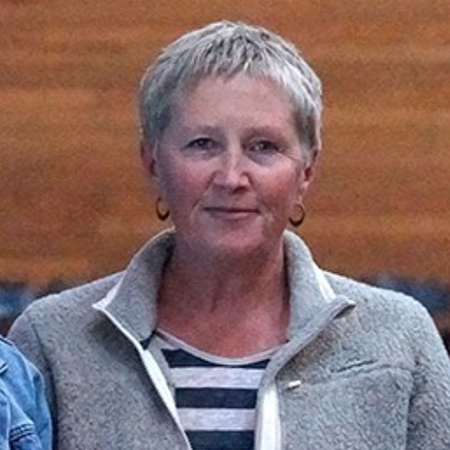
Jane has been with Kidsfirst for 20 years, and values the organisation’s commitment to excellence and leadership in the early childhood sector. “Also, our history and the commitment to retaining a not for profit status and 100% registered
teachers.
My passions lie with making a difference in the lives of tamariki and their families by establishing meaningful relationships, and supporting them to provide the best outcomes for their tamariki. Personally, I love to keep fit, and recently took up swimming, I have participated in open water swim tours, and even won a couple of medals!"
There’s also some great reading here:
• “School Readiness: School Age.” Kidspot, 6 Aug. 2017.
Add link on “title” .https://kidspot.co.nz/school-age/child-ready-to-start-school/
• “Finding the Perfect School Starting Age Is Not That Simple.” Educa, 12 Sept. 2017.
Add link on title: https://www.geteduca.com/blog/perfect-school-starting-age/
• “Starting School at Four Too Young, Principals Warn Government.” Stuff.
Add link on title: https://www.stuff.co.nz/national/education/92439609/starting-school-at-4-its-too-young-auckland-principals-warn
JOIN OUR WHĀNAU
